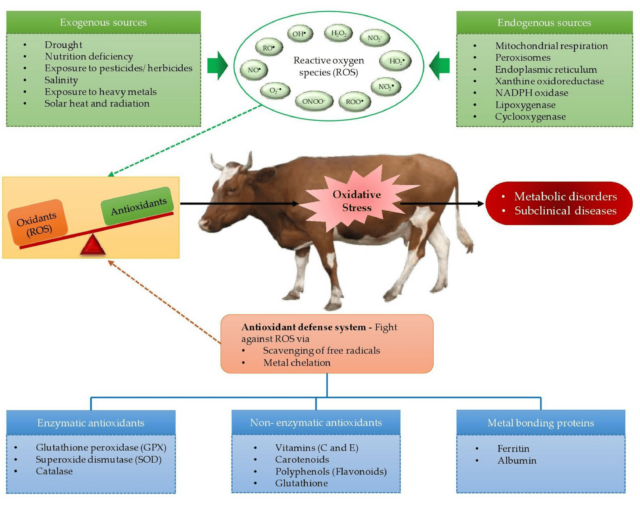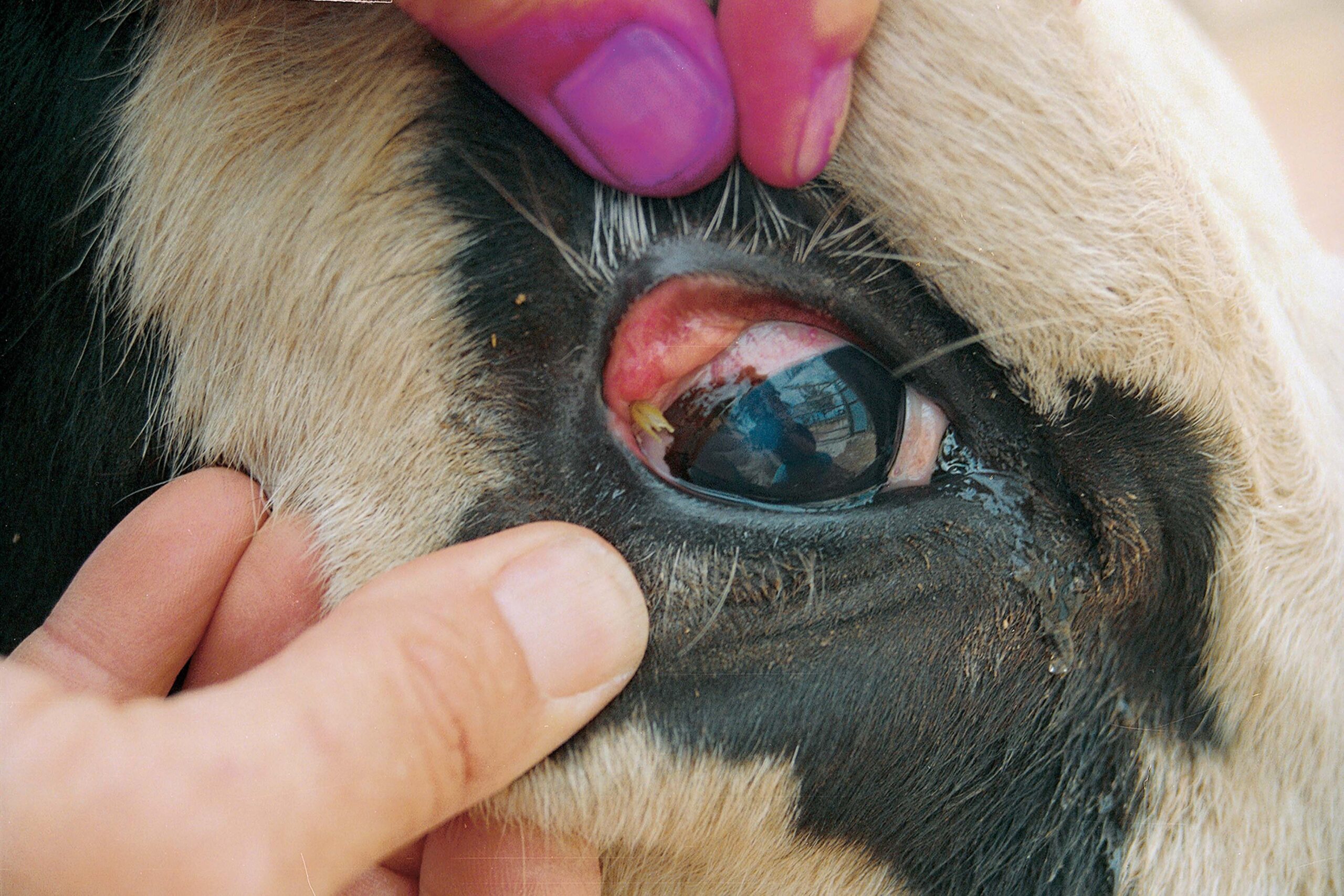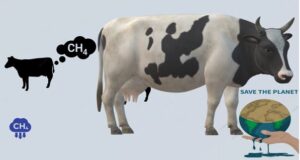
The Battle Against Oxidative Stress: Exploring Antioxidant Therapy inVeterinary Medicine
Introduction:
The battle against oxidative stress in veterinary medicine involves exploring various strategies, including antioxidant therapy, to mitigate its effects on animals’ health. Oxidative stress occurs when there’s an imbalance between free radicals (highly reactive molecules) and antioxidants (molecules that neutralize free radicals). In animals, this imbalance can arise from various factors such as environmental stressors, infections, aging, or metabolic disorders.
Importance of Antioxidant Therapy:
1. Protecting Cells: Antioxidants neutralize free radicals, unstable molecules that can damage cells and tissues through oxidative stress. In animals, oxidative stress can result from various factors such as environmental pollutants, infections, aging, and metabolic diseases. By scavenging free radicals, antioxidants help protect cells from oxidative damage, thereby supporting overall cellular function and health.
2. Health Benefits: By neutralizing free radicals, antioxidants can potentially help in preventing or managing certain diseases and conditions that have oxidative stress as a contributing factor. This includes conditions like arthritis, certain cancers, cardiovascular diseases, and aging-related disorders.
3. Diverse Sources: Antioxidants can be sourced from various dietary components such as vitamins (like vitamin C and E), minerals (selenium, zinc), and phytochemicals (polyphenols, flavonoids) found in fruits, vegetables, and herbs. In veterinary medicine, these can be incorporated into diets or given as supplements.
Application in Veterinary Practice:
Antioxidants play a crucial role in the field of veterinary medicine by helping to combat oxidative stress, which can have significant impacts on animal health.
1. Dietary Management: Antioxidants are commonly included in commercial pet foods or prescribed as supplements to ensure adequate intake. Vitamins such as vitamin C, vitamin E, and beta-carotene, as well as minerals like selenium and zinc, are essential antioxidants commonly supplemented in animal diets. Natural sources of antioxidants, such as fruits, vegetables, and certain herbs, can also be incorporated into diets to support overall health.
2. Supplementation: In cases where dietary intake may be insufficient or when animals are under stress or recovering from illness, antioxidant supplements may be recommended. Veterinarians assess individual needs based on the animal’s health status and risk factors.
3. Supporting Immune Function: Oxidative stress can impair immune function in animals, making them more susceptible to infections and diseases. Antioxidants can help maintain proper immune function by reducing oxidative damage to immune cells and supporting their ability to respond effectively to pathogens.
4. Managing Chronic Conditions: Many chronic diseases in veterinary medicine, such as arthritis, cardiovascular disease, and certain cancers, involve oxidative stress as a contributing factor. Antioxidants may play a role in managing these conditions by reducing inflammation and oxidative damage associated with disease progression. They can complement traditional therapies and improve overall treatment outcomes.
5. Promoting Longevity and Quality of Life: As animals age, oxidative stress accumulates and contributes to age-related decline in health. Antioxidant supplementation or diets rich in antioxidants may help mitigate some of these effects, promoting longevity and maintaining a higher quality of life for aging pets.
6. Preventive Care: Antioxidants are not only used therapeutically but also as part of preventive care strategies in veterinary medicine. They can help maintain cellular health and reduce the risk of oxidative damage before clinical signs of disease appear.
7. Research and Development: Ongoing research explores new antioxidant compounds and formulations tailored to specific animal species and conditions. This includes investigating antioxidant-rich extracts or novel delivery methods for enhanced efficacy.
Challenges and Considerations:
1. Species Variability: Different animal species may have varying antioxidant requirements and responses to therapy. Understanding these differences is crucial for effective treatment.
2. Safety and Dosage: Ensuring the safety and appropriate dosage of antioxidants is essential, as excessive amounts can potentially have adverse effects.
3.Integration with Conventional Therapy: Antioxidant therapy often complements conventional veterinary treatments. Integrating these approaches requires coordination among veterinary professionals.
In conclusion, antioxidant therapy represents a promising avenue in veterinary medicine for combating oxidative stress and supporting animal health by protecting cells from oxidative damage, supporting immune function, managing chronic conditions, promoting longevity, and enhancing overall quality of life for animals. Continued research and clinical application will further refine our understanding and utilization of antioxidants in veterinary practice.
References:
TERZI, F. (2020). In veterinary medicine: oxidative stress and antioxidants. Current Researches In Health Sciences.(Goncagül G, Günaydın E, Eds.), Duvar, Ankara, 7-31.
Tóthová, L. U., & Celec, P. (2017). Oxidative stress and antioxidants in the diagnosis and therapy of periodontitis. Frontiers in physiology, 8, 1055.
Aslan, R. (2018). Antioxidant Safety and Antioxidant-induced Stress. Kocatepe Veterinary Journal, 11(4), 491-496.
Ahmad, K. A., Yuan Yuan, D., Nawaz, W., Ze, H., Zhuo, C. X., Talal, B., … & Qilong, D. (2017). Antioxidant therapy for management of oxidative stress induced hypertension. Free radical research, 51(4), 428-438.
Nemzer, B. V., Yashin, A. Y., & Yashin, Y. I. (2013). The Issues of Antioxidant Therapy. American Journal of Biomedical Sciences, 5(2).

Komal, Sivaraman Ramanarayanan, Kaushlendra Singh, Abhishek Kumar
Assistant Professor, Veterinary Biochemistry, VCC, COVAS, Kishanganj
Assistant Professor, Veterinary Pharmacology, COVAS, Kishanganj
Assistant Professor, Veterinary Parasitology, COVAS, Kishanganj
Assistant Professor, Veterinary Gynaecology and obstetrics, VCC, COVAS, Kishanganj



















